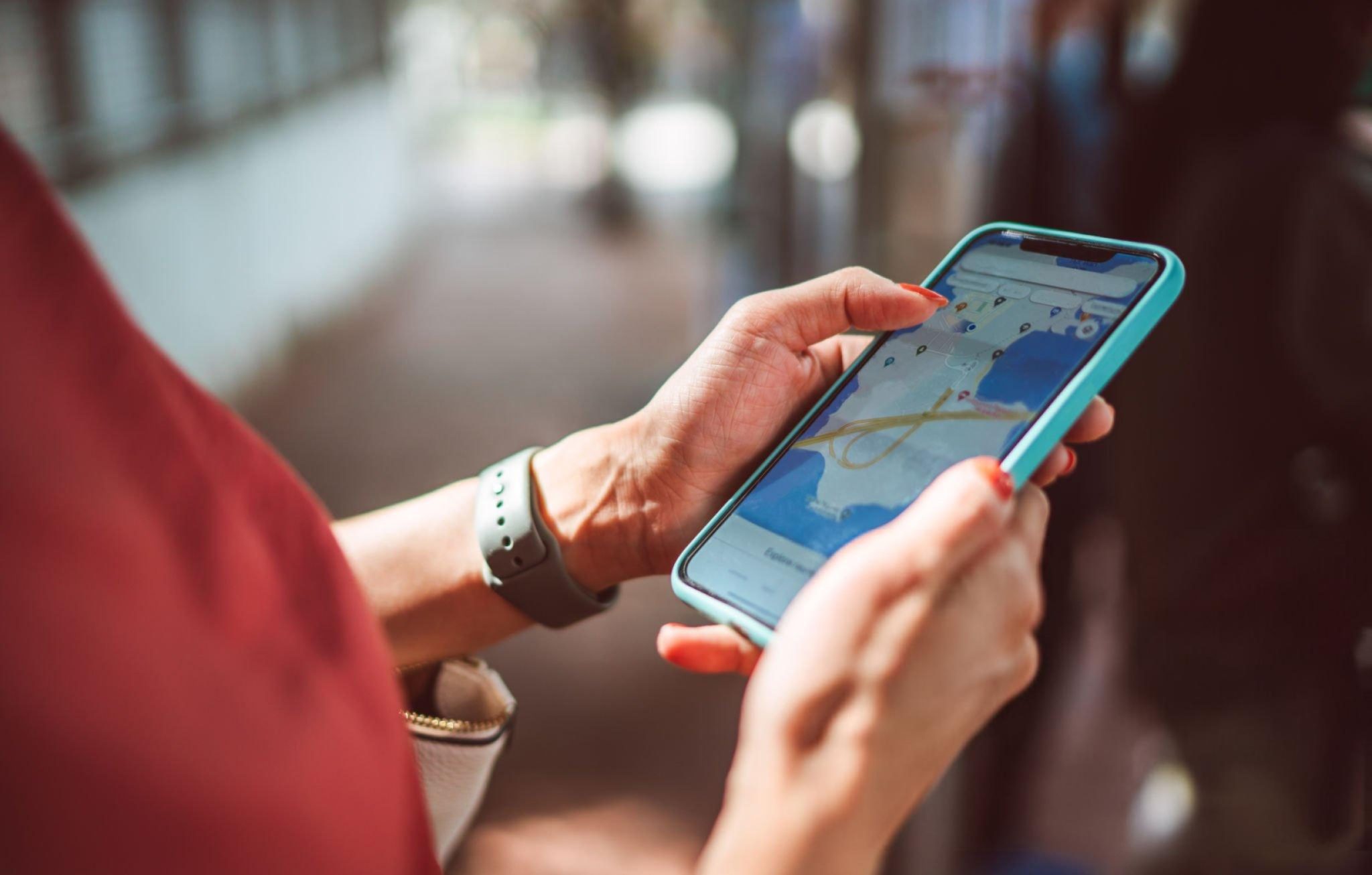In an age where technology connects us to almost everything, it appears to be disconnecting us from some of our most basic human skills. A prime example is the growing reliance on GPS and mobile apps, which have become so ingrained in our daily lives that many people now venture into the wilderness, believing that their phones can guide them through any terrain. However, this over-reliance is leading to dangerous consequences, as more and more people find themselves hopelessly lost in the very landscapes they seek to explore.
Recent data from Mountain Rescue England and Wales has shed light on a concerning trend: the number of annual callouts for mountain rescues has reached a record high. For the first time, rescue teams were called out on every day of the year. From 2019 to 2024, the total number of rescues has increased by 24%, with a particularly notable surge in the 18 to 24 age group, where the number of callouts nearly doubled. A similar rise in rescue operations has been observed in Scotland, with similar trends evident across the UK.
The surge in callouts reveals a troubling mismatch between people’s growing desire to experience the wild, open spaces of nature and their ability to navigate and survive in these environments. With the advent of smartphones and GPS technology, many people feel a false sense of security, assuming that they can always find their way using apps like Google Maps or outdoor-specific navigation tools. However, these technologies, while undoubtedly useful in many scenarios, have come at a cost: the erosion of basic navigation skills that were once essential for anyone venturing outdoors.
It’s not just the reliance on technology that’s to blame but also the expectations people have when they venture into nature. Many now see it as a right rather than a privilege, assuming that they can experience the beauty of wild spaces without the skills, knowledge, or preparation that previous generations had to have. People are increasingly visiting remote locations without understanding the risks or the challenges that come with it. Whether it’s trekking up a mountain, hiking through dense forest, or navigating across rocky terrain, the inability to read a map, use a compass, or understand weather patterns is now a glaring issue.
The problem is compounded by the fact that many people, especially younger individuals, often venture into the outdoors without the necessary experience or preparation. In their quest for adventure, they rely heavily on their phones and apps, assuming that as long as they follow the blue dot on the screen, they can’t go wrong. Unfortunately, GPS is not infallible. Battery life can run out, signals can be lost in remote areas, and mobile networks can be weak or non-existent. In these situations, when technology fails, those relying on it can quickly find themselves in serious trouble.
This growing trend of lost hikers and adventurers has put a strain on Mountain Rescue teams, many of which are staffed by volunteers. The increase in callouts has led to a marked rise in workloads for rescue teams, who are often dispatched to retrieve lost or stranded individuals who may have been relying too heavily on their smartphones. For those involved in these rescues, the constant flow of incidents has raised concerns about a wider societal issue – that we are losing the skills and self-reliance necessary for outdoor pursuits.
However, it’s not just about the skills that are being lost; it’s also about the changing attitude towards nature and the outdoors. In previous generations, people learned to navigate the wilderness through experience and by paying attention to the natural world. They understood the importance of preparation and planning, and were able to read a map, identify landmarks, and adjust to the environment around them. Today, the digital age has made it all too easy to bypass these fundamental skills, leading to a generation that may be less capable when faced with the real challenges of the wild.
The consequences are clear: mountain rescues are on the rise, and as the figures show, the problem is only getting worse. The surge in rescues, particularly among younger people, suggests that many are ill-prepared for the realities of outdoor adventure. Instead of relying on their instincts or outdoor skills, they place their trust in technology, which, when it fails, leaves them vulnerable.
It’s important to note that technology is not inherently bad. GPS and mobile apps can be incredibly useful tools when used properly. They can help adventurers find their way, stay safe, and even locate services in case of an emergency. But they should never replace the basic skills that have been passed down through generations. In the age of technology, it’s crucial to strike a balance between embracing innovation and maintaining the fundamental skills that allow us to navigate the world safely.
The rise in mountain rescues serves as a reminder of the importance of self-reliance and the need to equip ourselves with the skills to navigate the outdoors. It’s time for individuals to reconnect with nature in a more meaningful way, by learning the skills that once helped us navigate the world before the age of the blue dot. With the right preparation and respect for the environment, we can ensure that our outdoor adventures remain safe and rewarding — and, most importantly, that we’re never truly lost.






